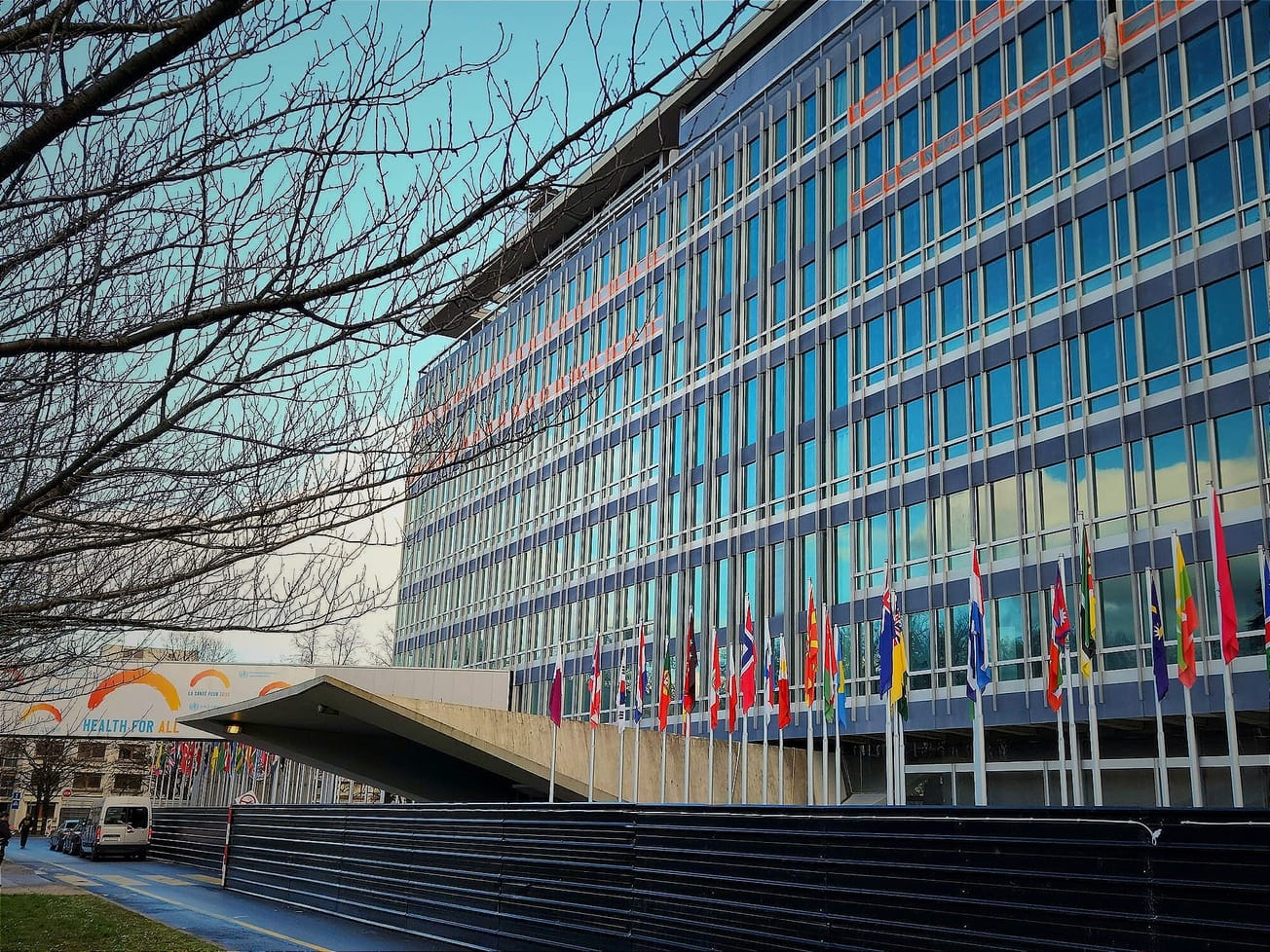UNITED NATIONS (AN) — The U.N. General Assembly unanimously approved a resolution that for the first time recognizes everyone's access to a clean and healthy environment is a fundamental right.
Thursday's 161-0 vote — with eight abstentions by Belarus, Cambodia, China, Ethiopia, Iran, Kyrgyzstan, Russia and Syria — bolsters the work of activists, citizens and climate campaigners who use legal and regulatory levers to seek greater protections.
"This resolution sends a message that nobody can take nature, clean air and water, or a stable climate away from us — at least, not without a fight," said Inger Andersen, executive director of the U.N. Environment Program, or UNEP.
It also reinforces the 43-0 vote last October in the 47-nation U.N. Human Rights Council to adopt a similar resolution with China, India, Japan and Russia abstaining.
The recognition that a clean, healthy and sustainable environment is a human right was five decades in the making. Its origin can be traced to the 26 principles contained in the 1972 Stockholm Declaration, which came out of a Swedish conference.
The declaration placed environmental issues at the forefront of international concerns, notably calling for environmental assessments and metrics for carrying them out. UNEP itself was created out of the conference.
Today, the UNGA adopted a historic resolution that recognized for the first time, that everyone, everywhere, has a human right to live in a clean, healthy and sustainable environment🌳
— UN GA President (@UN_PGA) July 28, 2022
👏 to all delegations that supported the resolution and to 🇨🇷🇲🇻🇲🇦🇸🇮🇨🇭for their initiative. pic.twitter.com/DgUVubsWYO
A prod to national laws and policies
The assembly's vote is not legally binding, but it carries moral weight by "making it crystal clear that governments recognize that climate change and pollution are a key rights issue of our time," Amnesty International said.
David Boyd, a Canadian environmental law expert and professor who serves as the U.N.'s special rapporteur, or investigator, for human rights and the environment, said the assembly's backing of the resolution "has the potential to be a turning point for humanity, improving the life and enjoyment of human rights of billions of individuals as well as the health of our extraordinary planet."
He said it also "should lead to constitutional and legislative improvements at the regional, national, and sub-national levels, with positive implications for air quality, safe and sufficient water, healthy soil, sustainably produced food, green energy, climate change, biodiversity and the regulation of toxic substances."
In 2010, the assembly held similar votes on the rights to water and sanitation, prompting some countries to enshrine drinking water protections in their constitutions.








